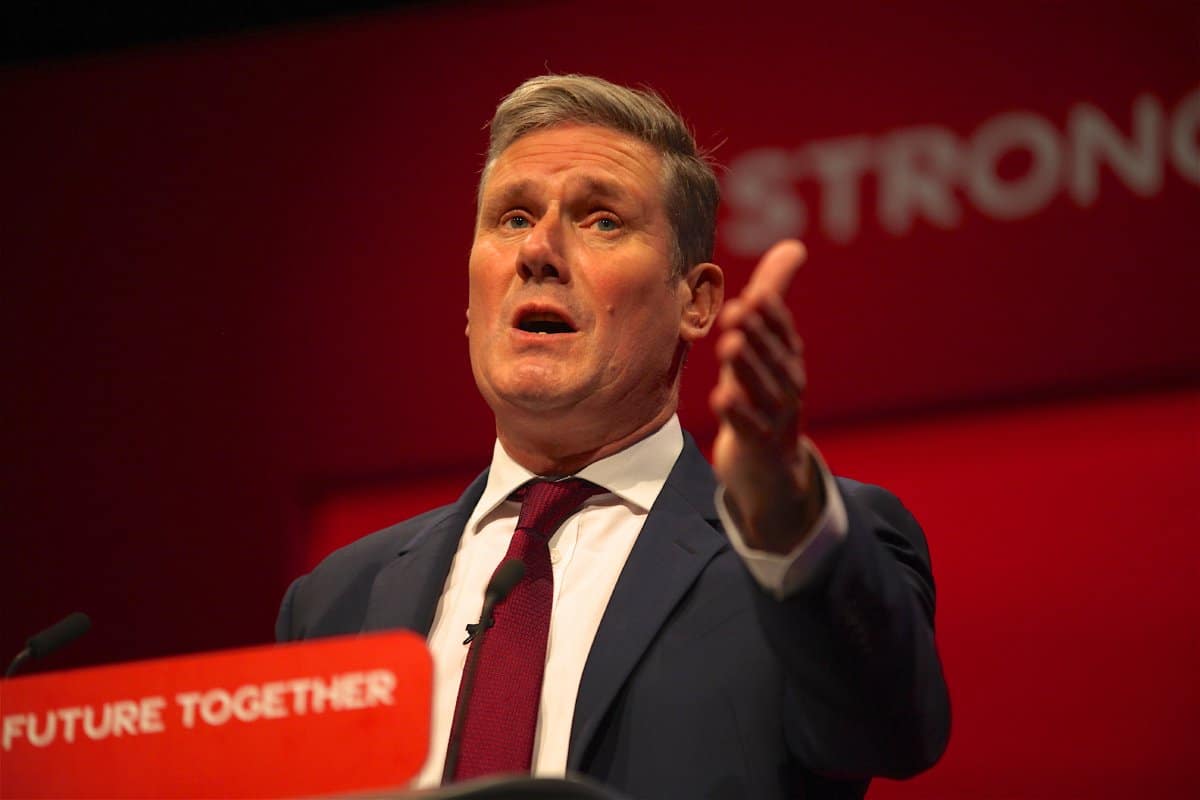In his first PMQs as prime minister, Sir Keir Starmer walked a political tightrope, facing both an agreement with outgoing PM Rishi Sunak on Ukraine and a significant rebellion within his party over the two-child benefit cap. Here’s the full story.
Walking a Careful Line
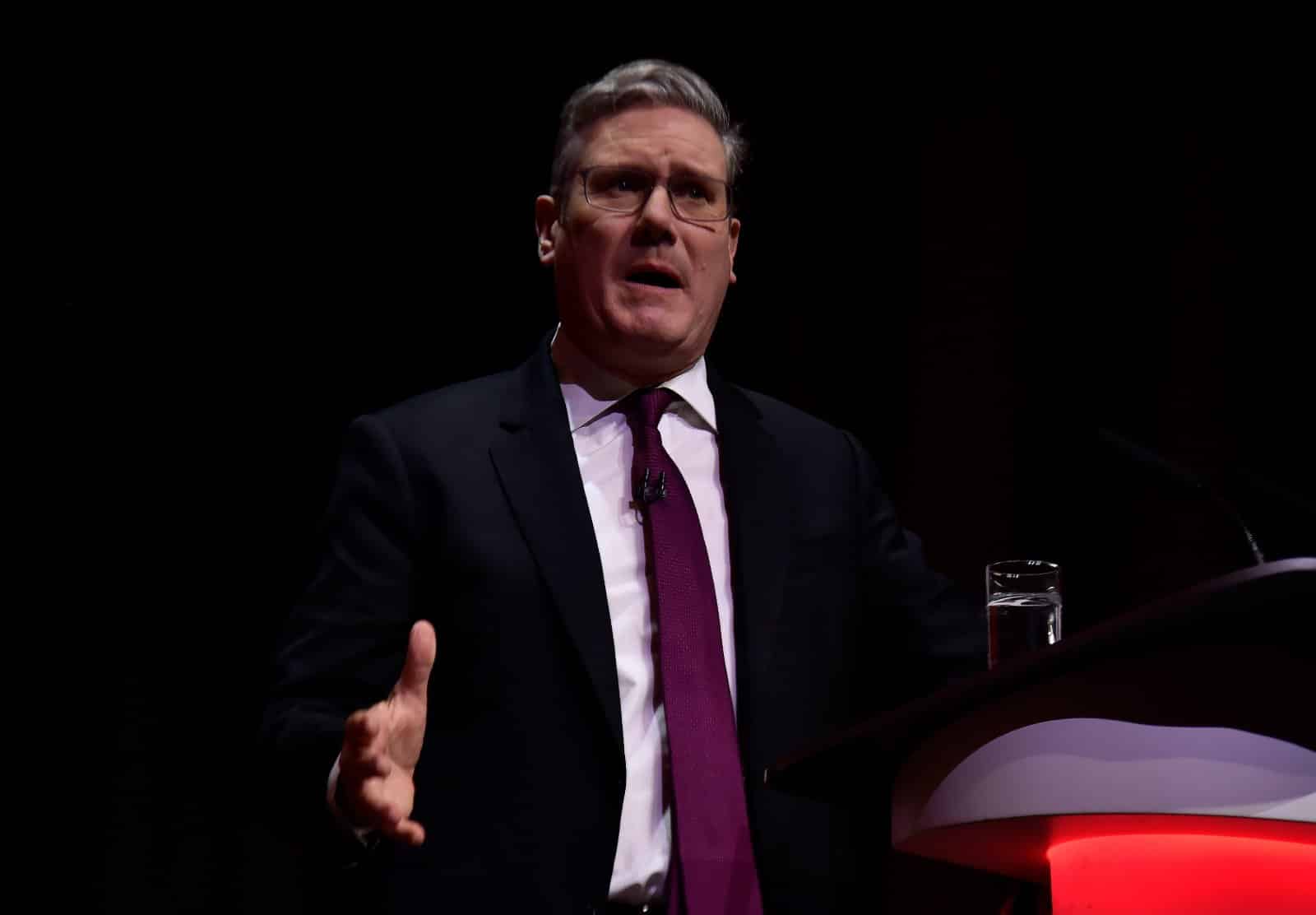
In his first Prime Minister’s Questions (PMQs) since securing a landslide victory, Prime Minister Keir Starmer had to walk a careful line between agreeing with Conservative interim leader Rishi Sunak and maintaining the unity of his party following a rebellion from within his ranks, which saw his first real test of leadership.
Debut at the Dispatch Box
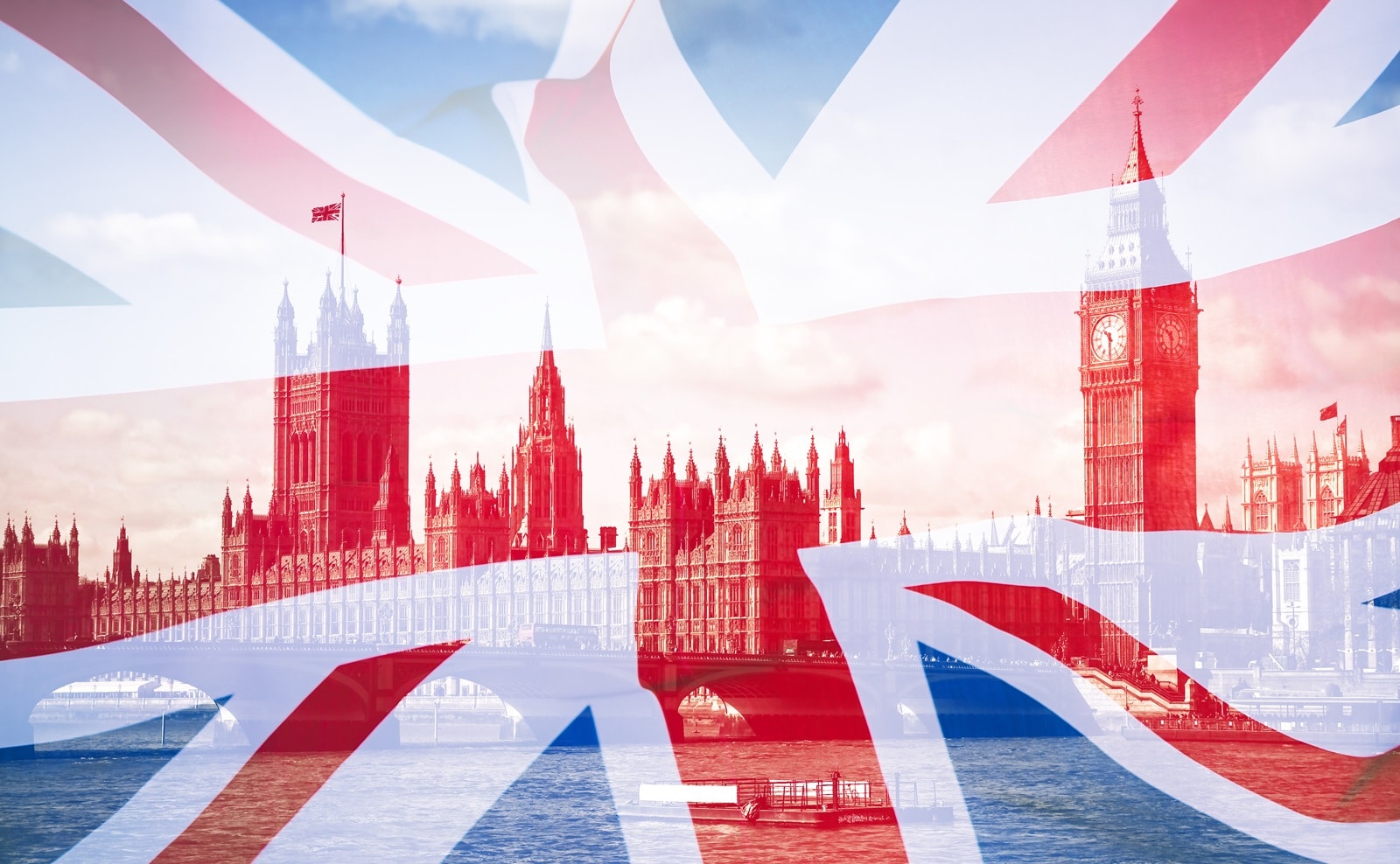
The newly appointed Prime Minister’s debut at the dispatch box was marked by significant discussions with Sunak, who pressed Starmer on his continued support for Ukraine, although considerably more warmly than their previous exchanges at PMQs when their roles were reversed.
A Relaxed Sunak
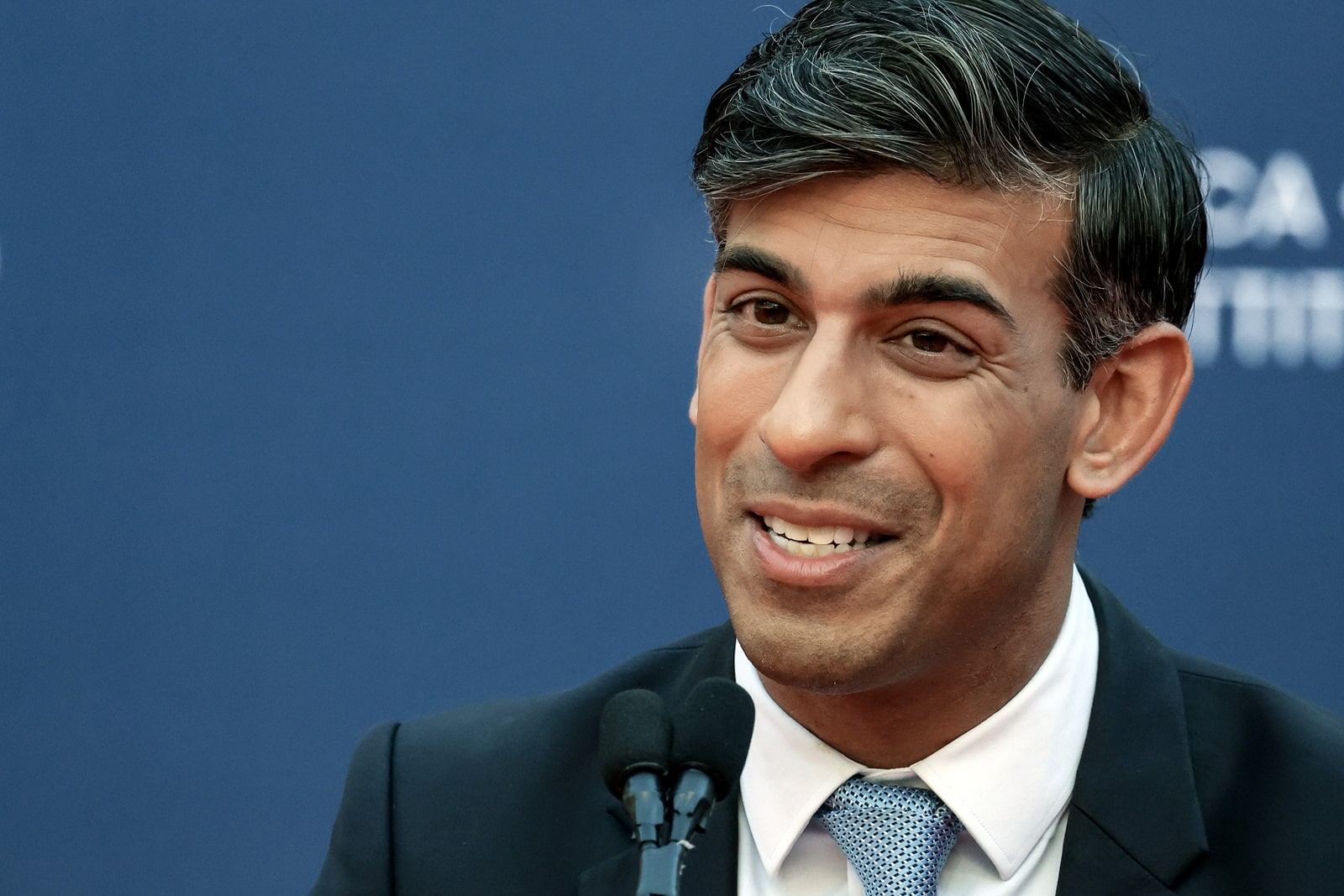
Sunak, who has seemed considerably more relaxed since losing the general election, opened with a joke in which he wished the Team GB athletes heading to the Olympics well but admitted that he was “not the first person” they should turn to for advice on how to win.
Assurances on Ukraine
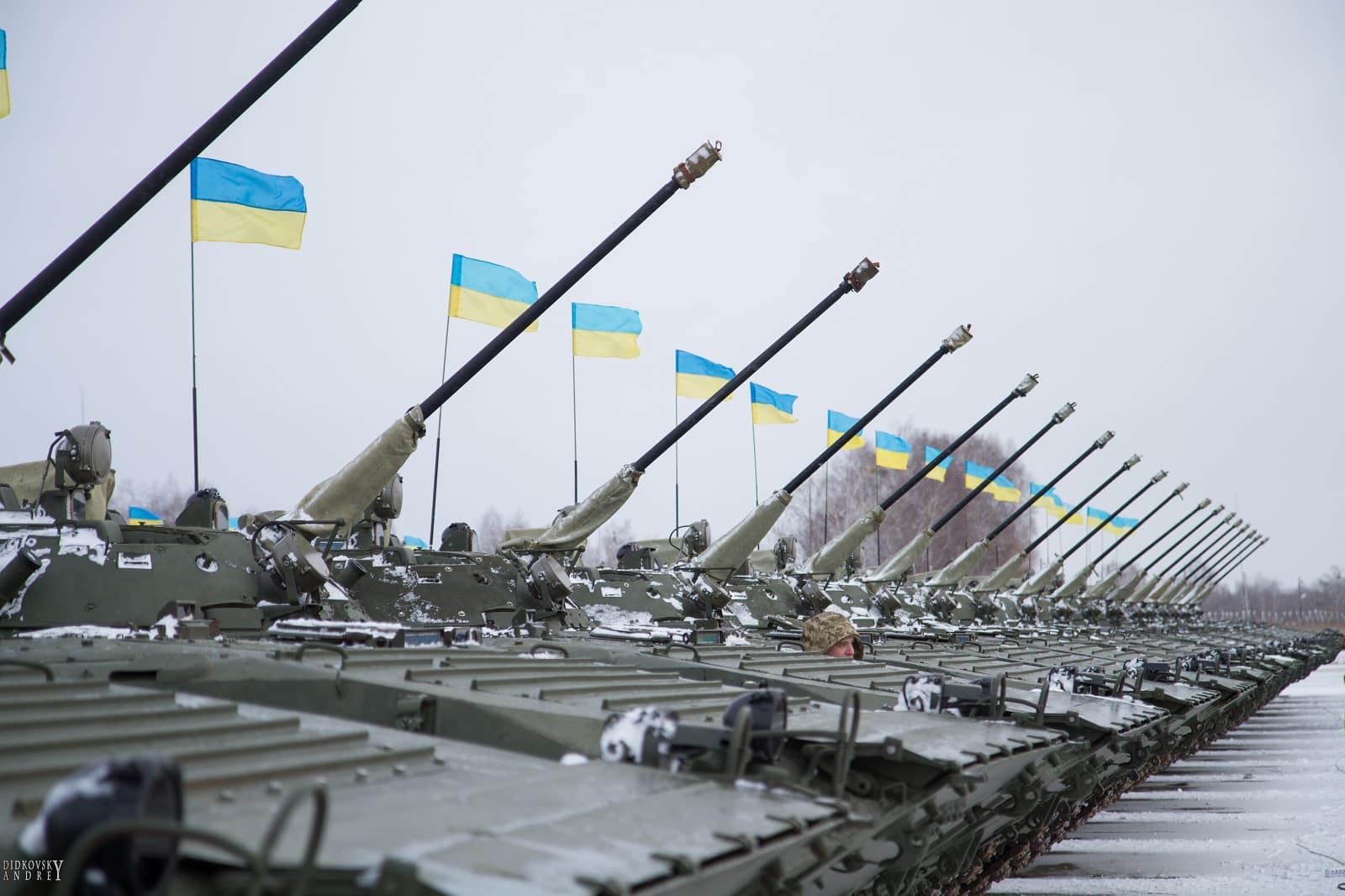
However, as the laughter died down, Sunak sought assurances from Starmer that he would uphold the UK’s military aid for Ukraine as the embattled country’s war against Russian invasion drags on. Starmer responded that Ukraine was one of his top priorities and stressed the importance of maintaining “unity” on this critical international issue.
National Security Topics

Sunak used all his questions as the opposition leader on national security topics. He urged Starmer to continue discussions with Saudi Arabia concerning the joint Tempest fighter jet project, where the UK is partnered with the despotic petro-monarchy alongside Italy and Japan.
Fighter Jet Project

Starmer acknowledged the progress made in the ongoing talks and attempted to quell fears that the project would continue, despite pervasive rumours that, following the newly announced review of the country’s military capabilities, could see the project scrapped due to massively ballooning costs. However, when Starmer was finished, Sunak did not look convinced.
Systematically Dismantling Legacy
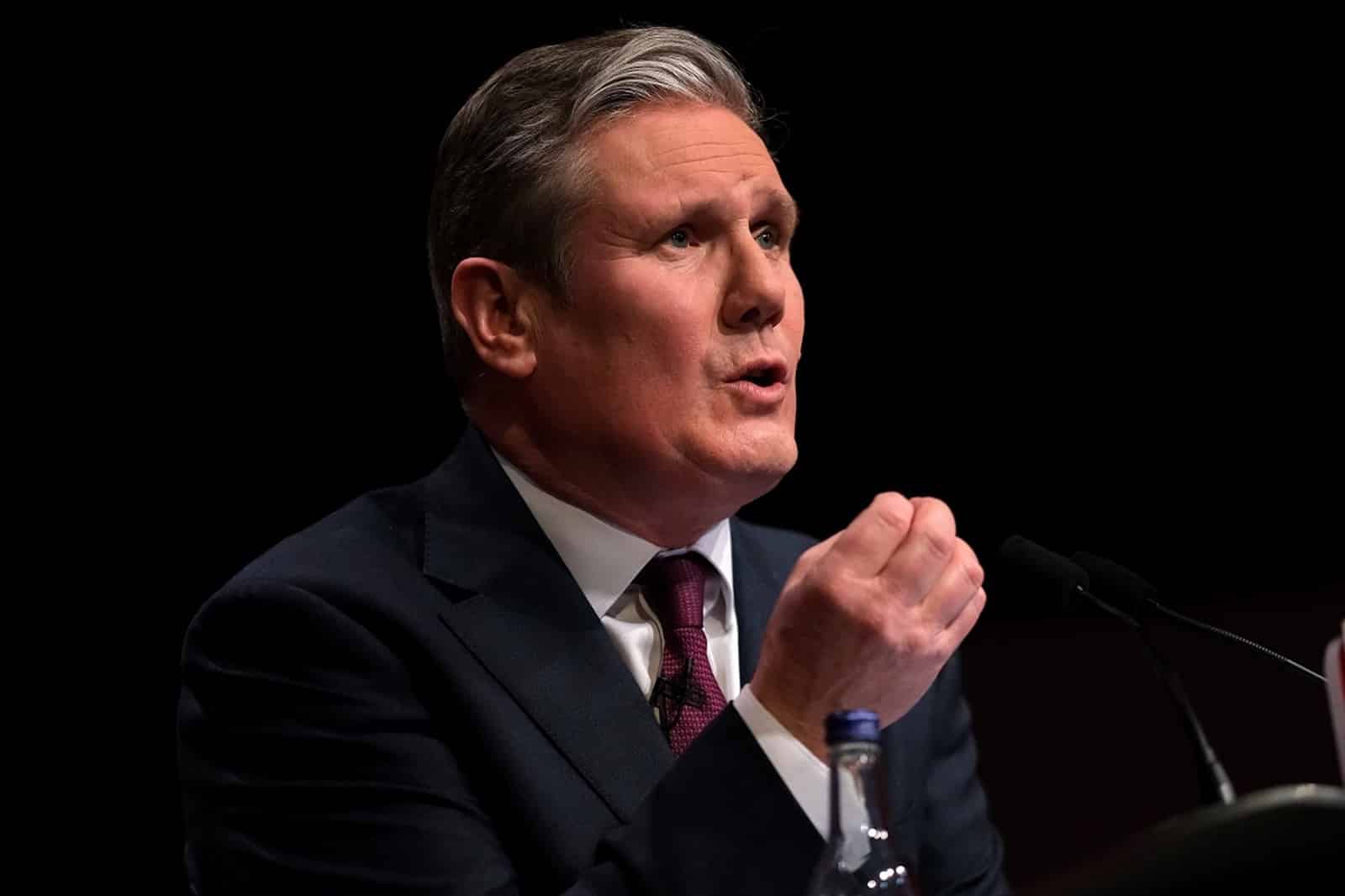
Despite the cordial tone at the beginning of PMQs, Starmer did not shy away from systematically dismantling the Conservative government’s political legacy. He lamented “14 years of failure” under successive Conservative Prime Ministers, pointing to the numerous crises his administration had inherited.
Broadside Against Former PM

Starmer then unleashed a broadside against the former Prime Minister, rejecting any criticism of his newly elected government from a party that, in his view, had led the country to a precipice before leaving Labour to clean up the mess.
“We’re Not Going to Listen”

Starmer stated, “We’re not going to listen to the party opposite. They put their case to the electorate. The electorate rejected them profoundly.”
Advice to Conservatives

Starmer then twisted the knife, offering some advice to the Conservatives about how to get their decimated party back on the path to electoral respectability, stating, “My advice would be, having sat at that despatch box for four and a half long years is when you get rejected that profoundly by the electorate it’s best not to go back to the electorate and tell them that they were wrong. It’s best to reflect and change your approach and change your party.”
Thinly Veiled Threat
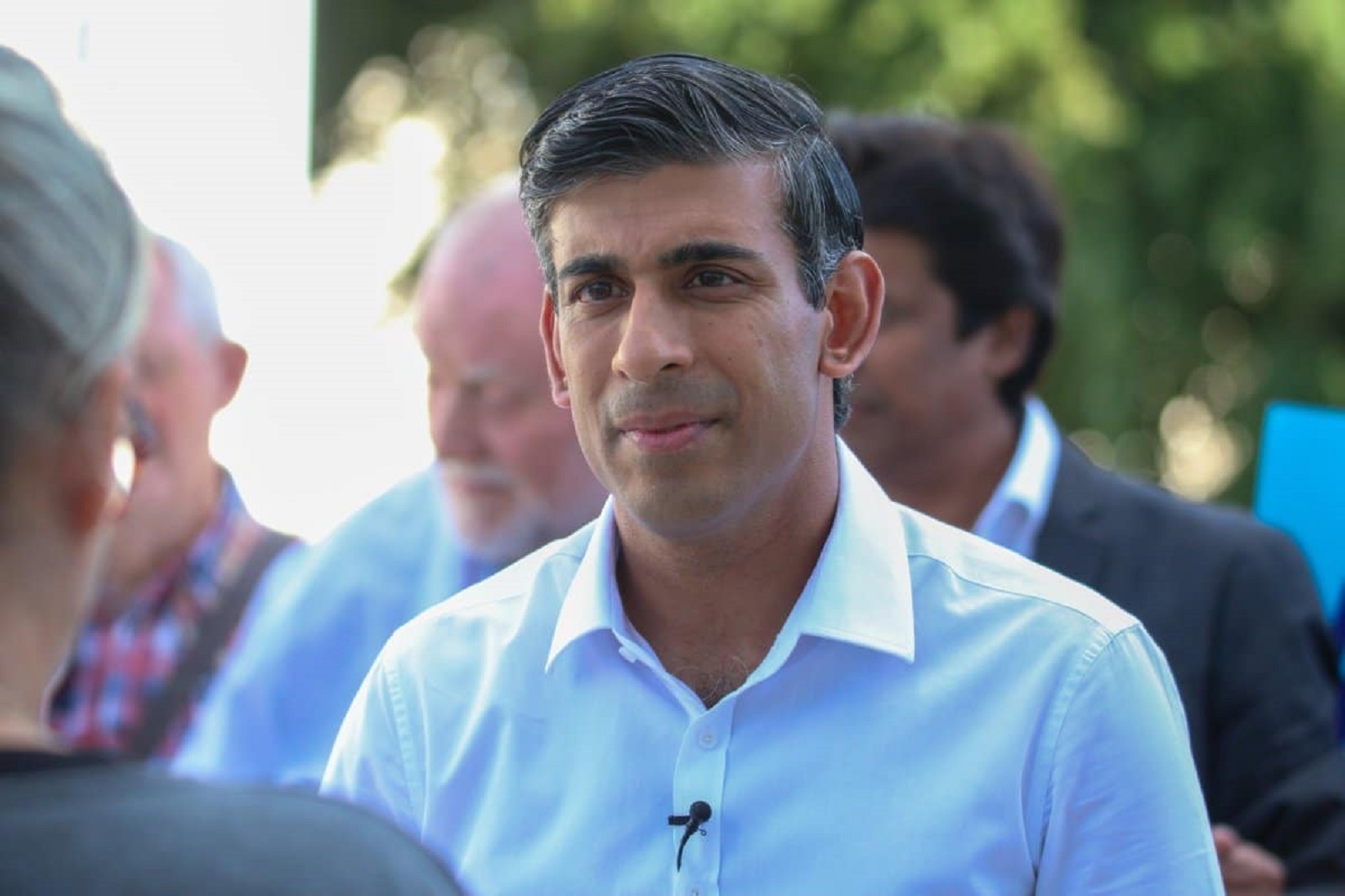
This warning to Sunak and the Conservatives was a thinly veiled threat to the Labour rebels within Starmer’s party who, just two hours before PMQs, had staged a rebellion over a Scottish National Party (SNP) amendment to the King’s speech aimed at revoking the two-child benefit cap.
Two-Child Cap Rebellion
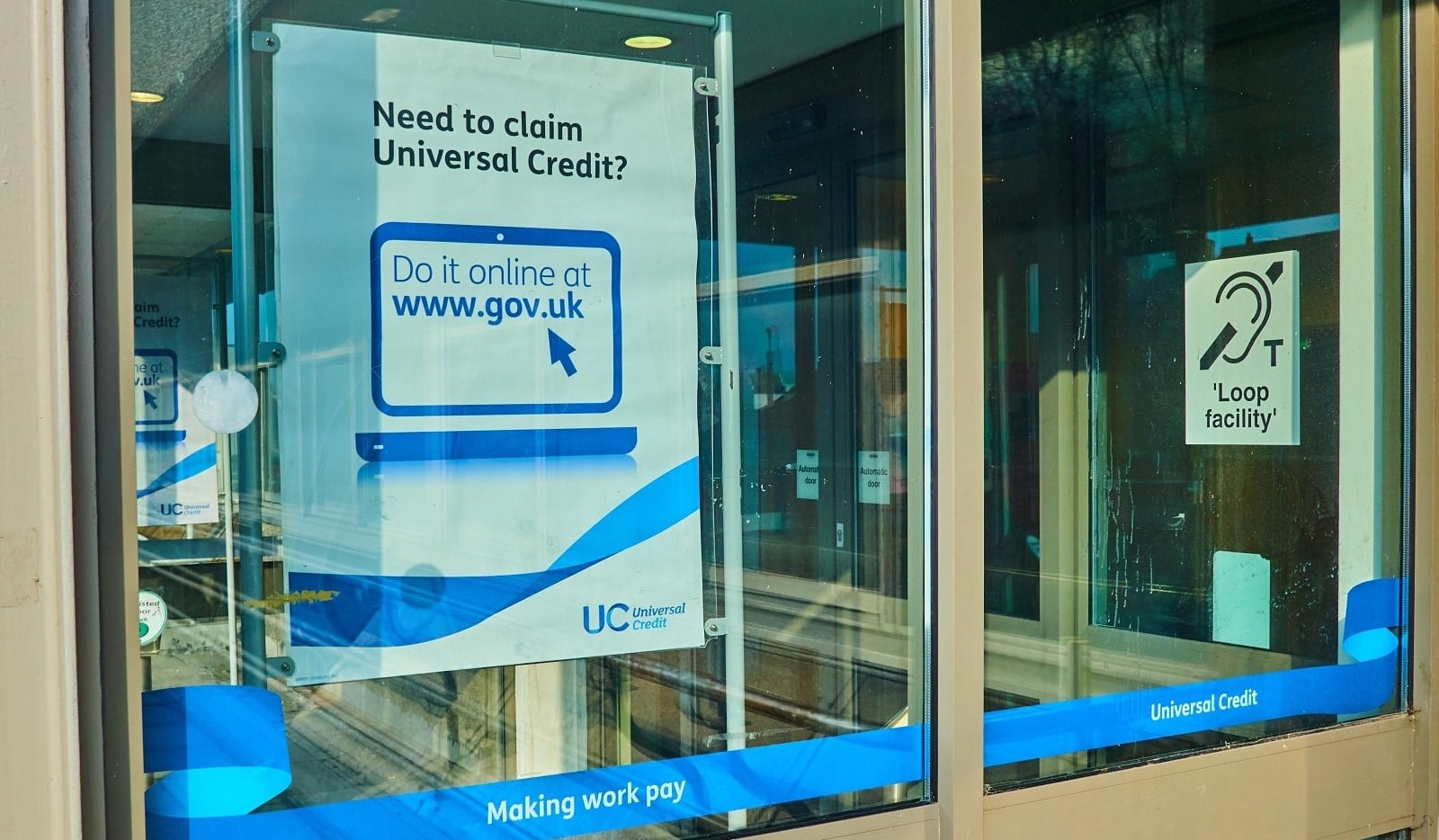
The two-child cap, which prevents most parents from claiming Universal Credit or child tax credits for more than two children and was brought in under the previous Conservative government, is universally reviled within the Labour Party, and many charities and civil society groups have called for it to be abolished.
Brutal Crackdown
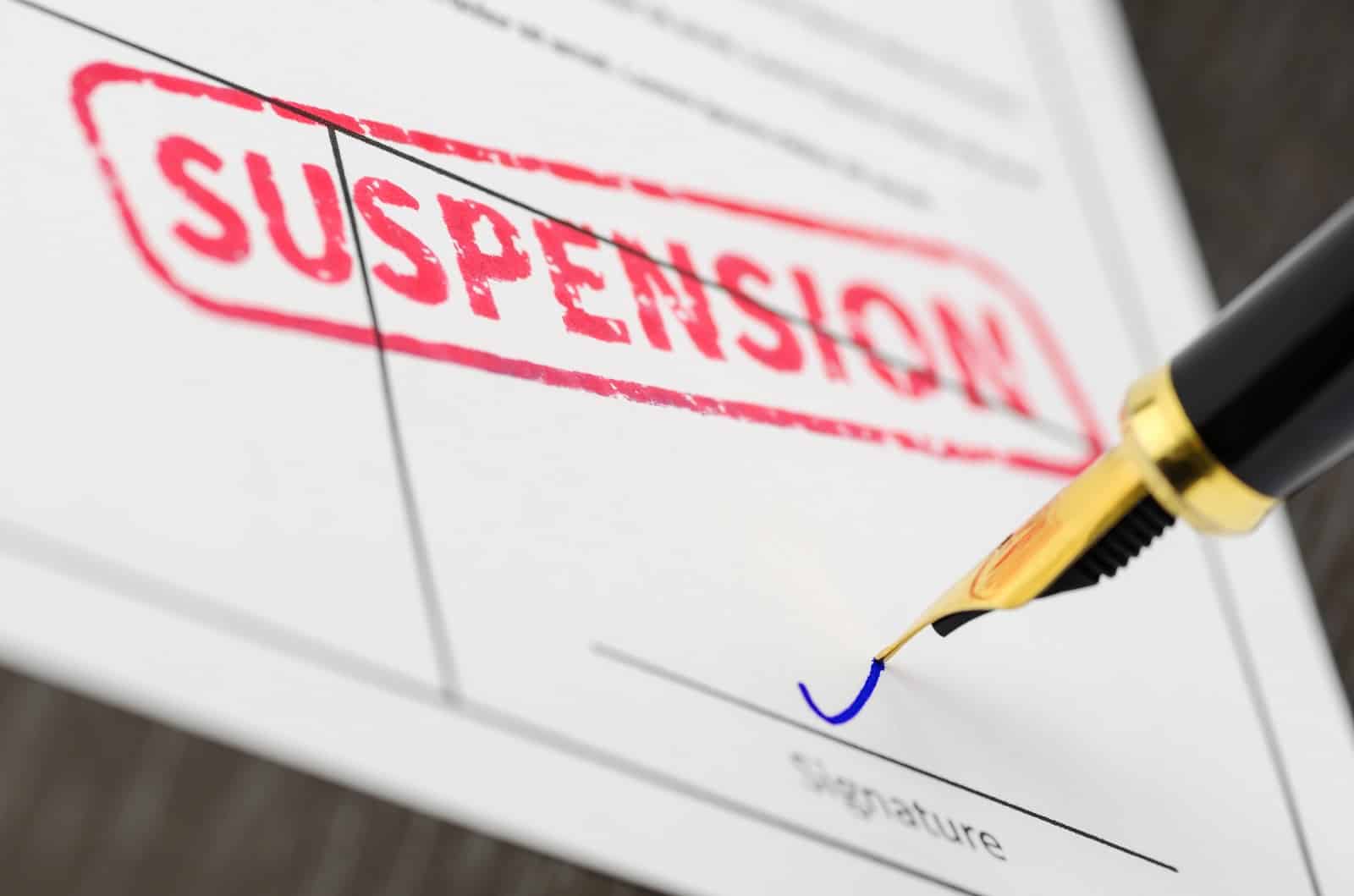
In response to the rebellion, Starmer suspended the seven left-wing Labour backbenchers who had voted with the SNP’s motion, a brutal crackdown against dissent within his party that has left many of his own MPs nervous about rocking the boat.
Awaiting Task Force Findings

Starmer defended his decision to await the findings of a child poverty task force before deciding on the two-child benefit cap by highlighting Labour’s record in government, which had “lifted millions of children out of poverty.”
“This Government Will Approach”
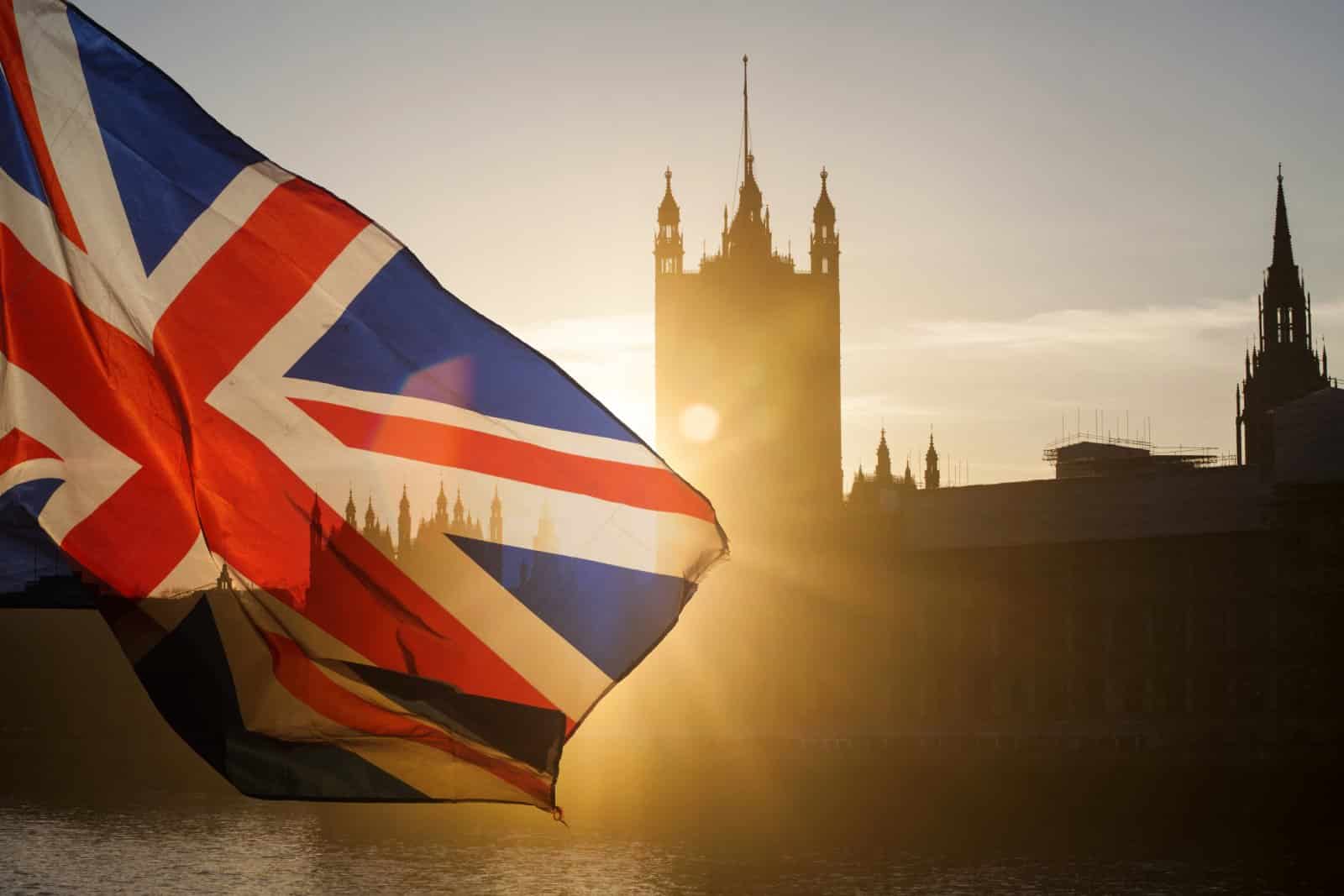
He added, “This government will approach the question with the same vigour with our new taskforce. Already we’ve taken steps, breakfast clubs, abolishing no fault evictions, decent homes.”
Sobering Poverty Figures

However, the sheer number of children currently languishing in poverty is sobering. According to the government’s figures, over 4 million children are currently suffering under the crushing weight of poverty in the sixth richest country in the world.
Tightrope Walk
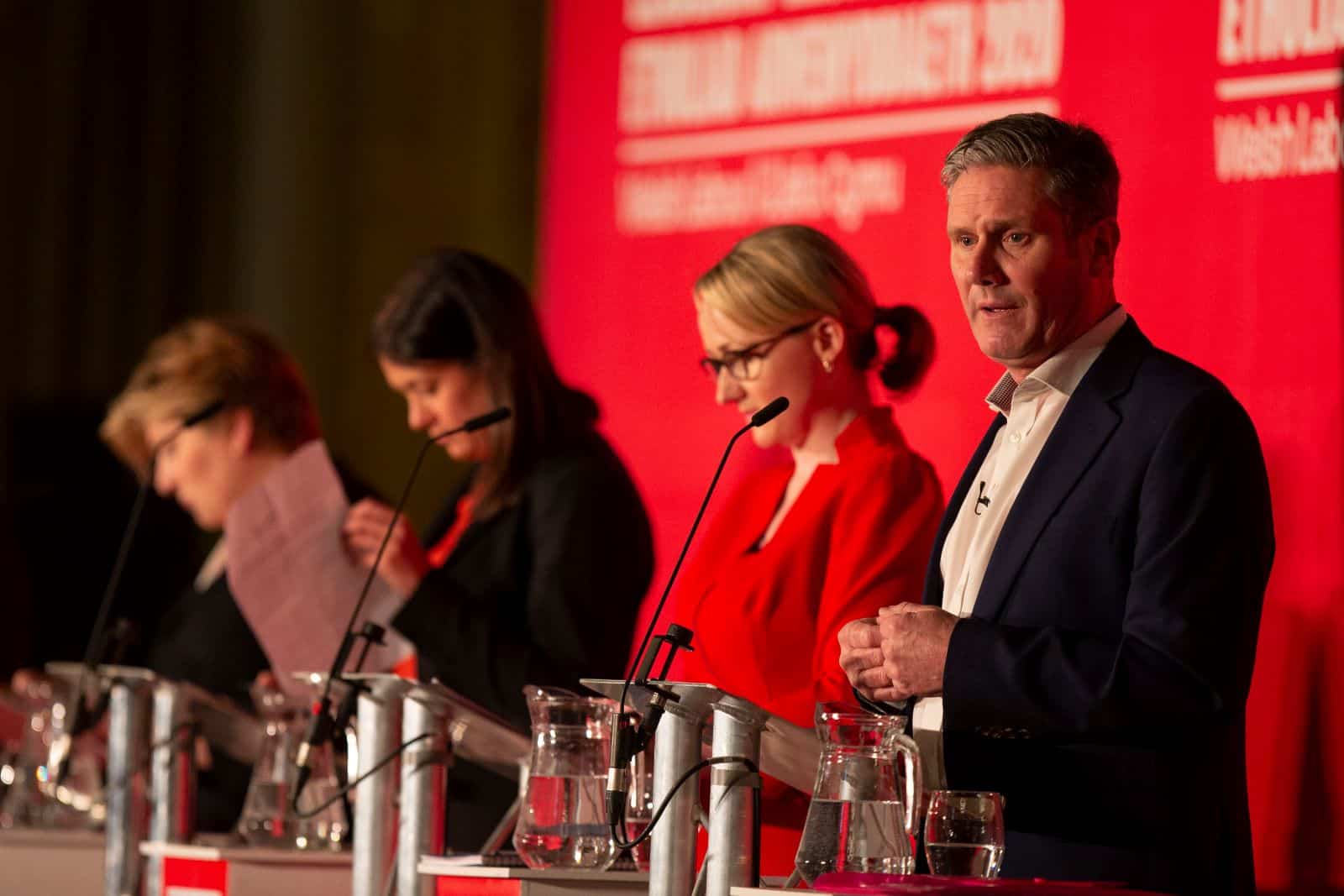
Due to the rebellion of his MPs, Keir Starmer’s first PMQs as Prime Minister showcased the tightrope he must walk now that he is in power. On the one hand, Labour is desperate to appear fiscally responsible, so it has ruled out scrapping the two-child benefit cap until the government can afford it.
Growing Demands
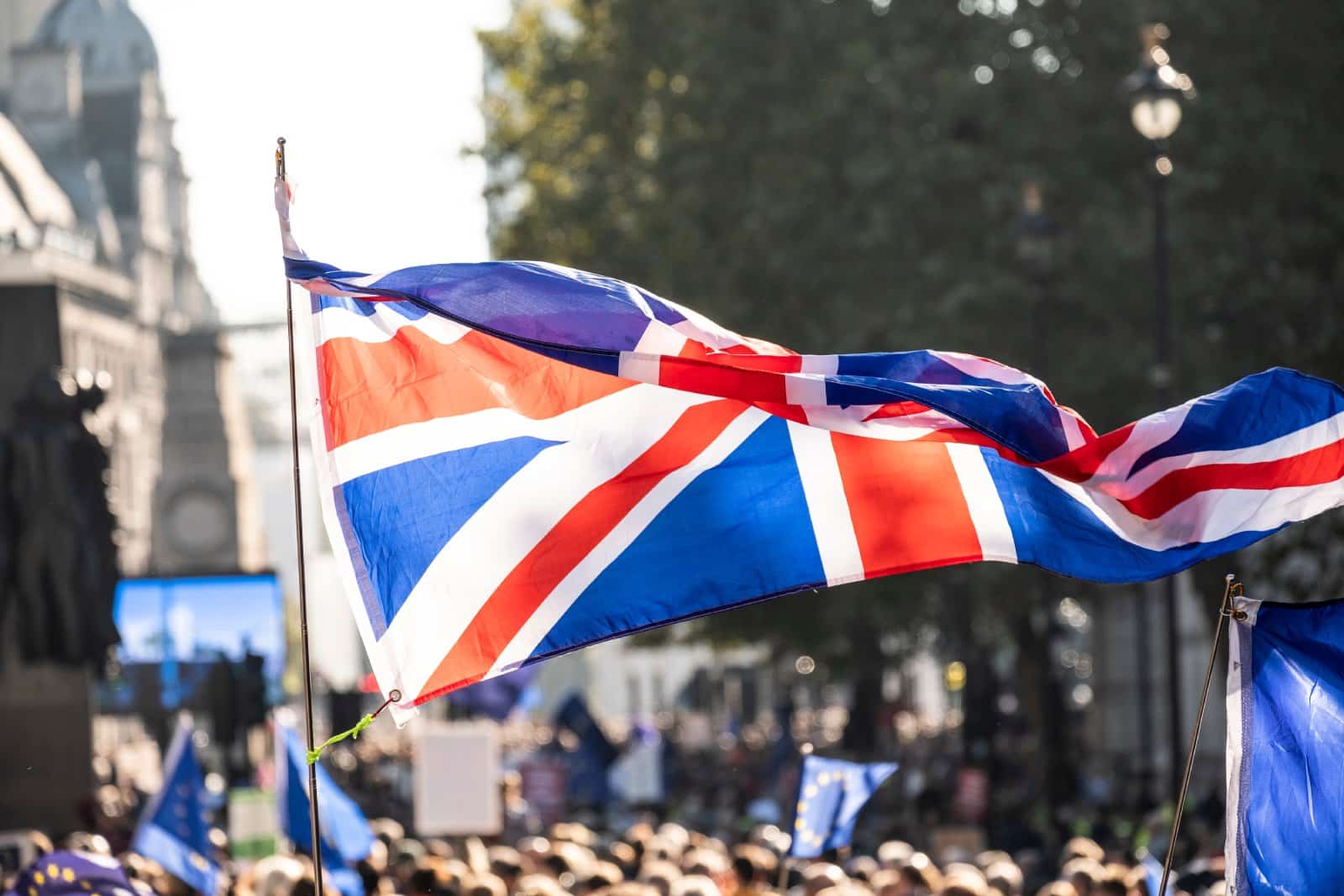
On the other hand, Reform UK, the SNP, the Liberal Democrats, Plaid Cymru, a scattering of Conservatives, including Suella Braverman, and even some of his MPs want the policy scrapped and scrapped soon. It remains to be seen how long Starmer can withstand the pressure before giving in to the growing demands and taking the necessary steps to end child poverty.
10 Worst Places to Live in the UK Today

Here’s a look at the 10 worst places to live in the UK, based on statistical analysis and local sentiment, to help you understand the challenges residents may face in these areas. 10 Worst Places to Live in the UK Today
“We Will Never Come to Help You” – Trump’s Hurtful Words Raise Concerns About EU Firepower
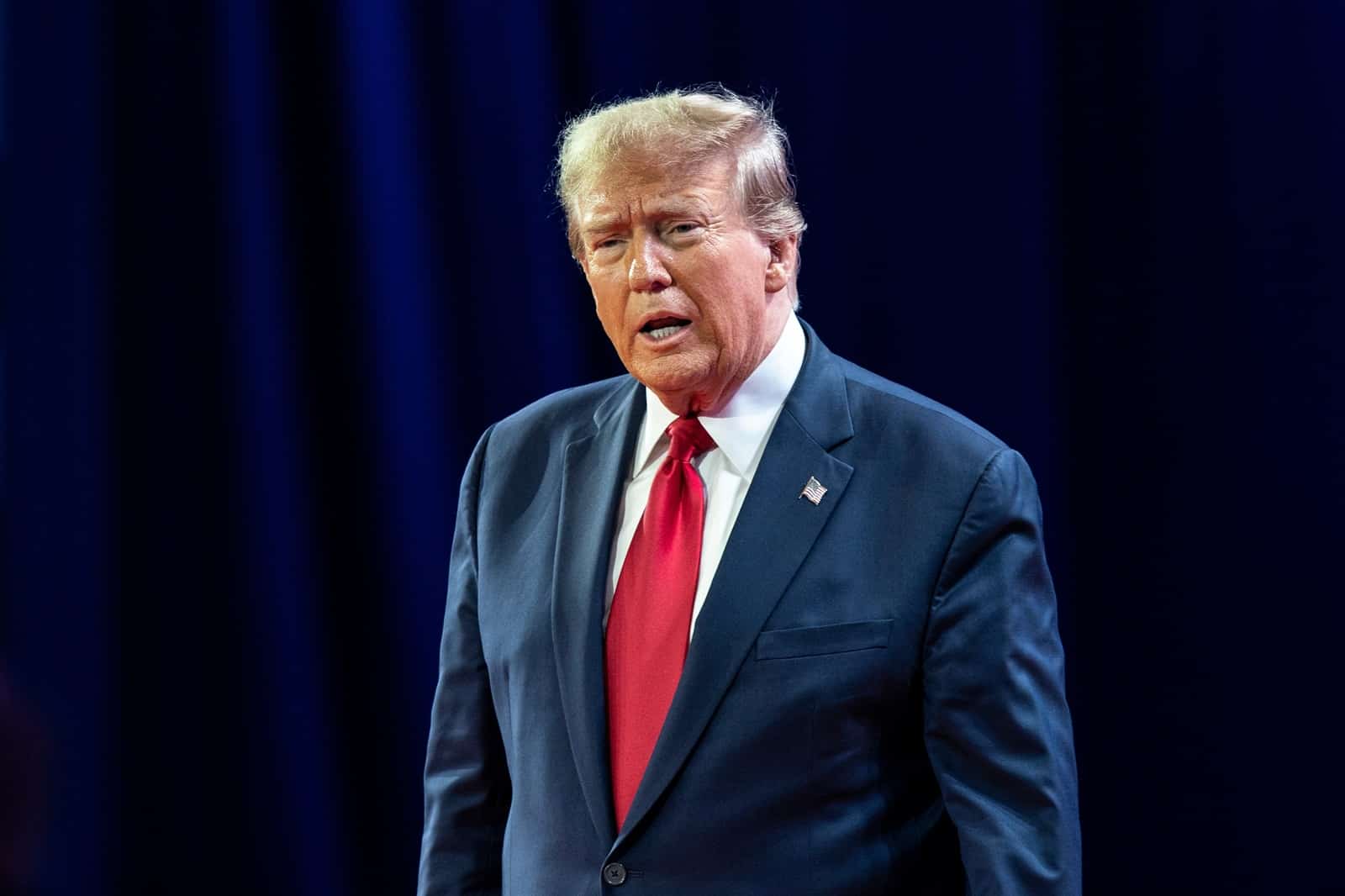
It was revealed in a conference in Brussels that former President Donald Trump said in 2020 that the US would “never help” Europe if it was attacked. Now, European nations are grouping to commit more firepower to combat Putin’s threat to democracy. “We Will Never Come to Help You” – Trump’s Hurtful Words Raise Concerns About EU Firepower
Brexit Fallout: 20 Ways the EU Is Falling Apart Without the UK
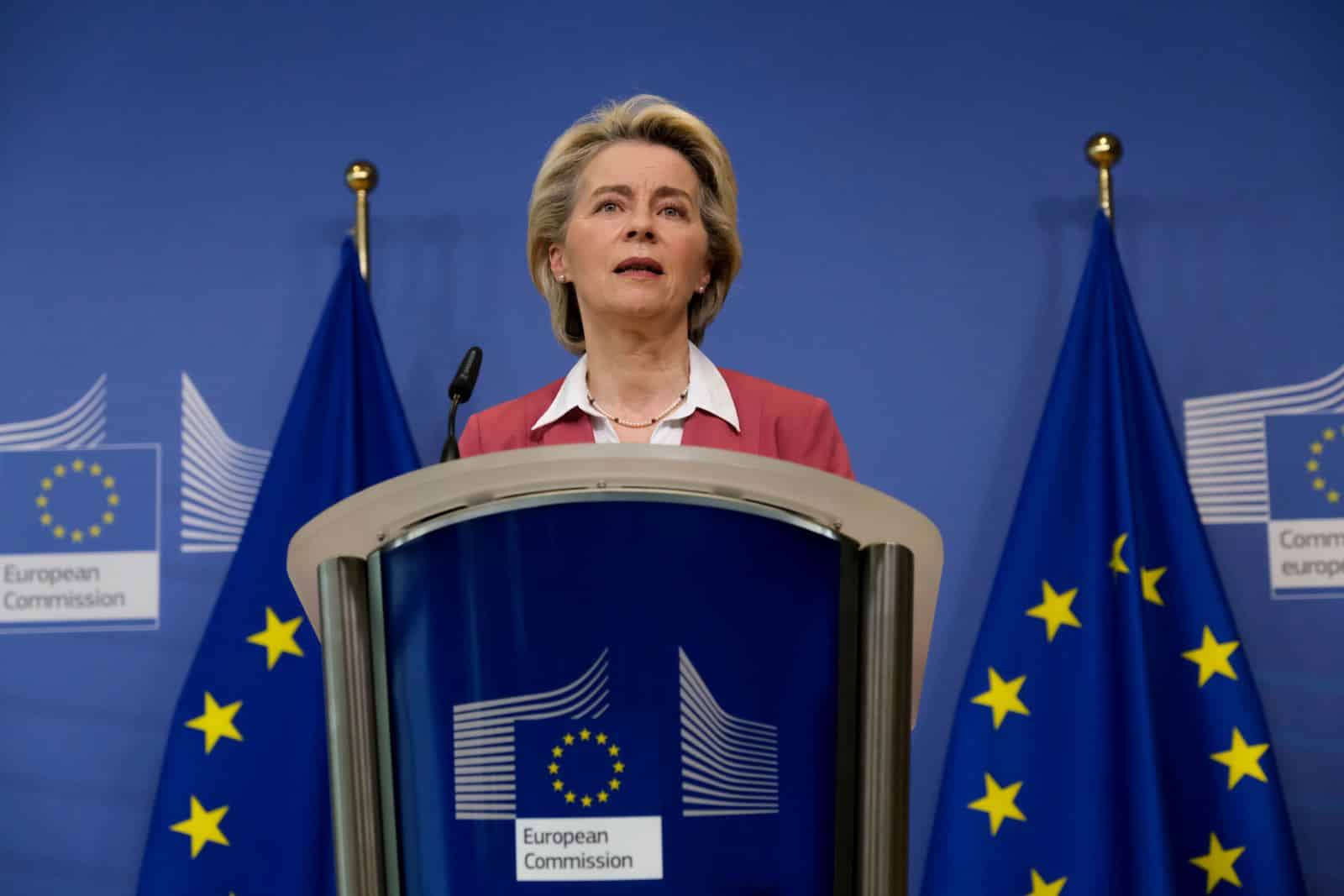
Since Brexit, the EU has been grappling with multiple crises and internal conflicts. Can the bloc hold itself together in these turbulent times? Brexit Fallout: 20 Ways the EU Is Falling Apart Without the UK
Featured Image Credit: Shutterstock / Rupert Rivett.
Grant Gallacher is a seasoned writer with expertise in politics and impactful daily news. His work, deeply rooted in addressing issues that resonate with a wide audience, showcases an unwavering commitment to bringing forth the stories that matter. He is also known for satirical writing and stand up comedy.

